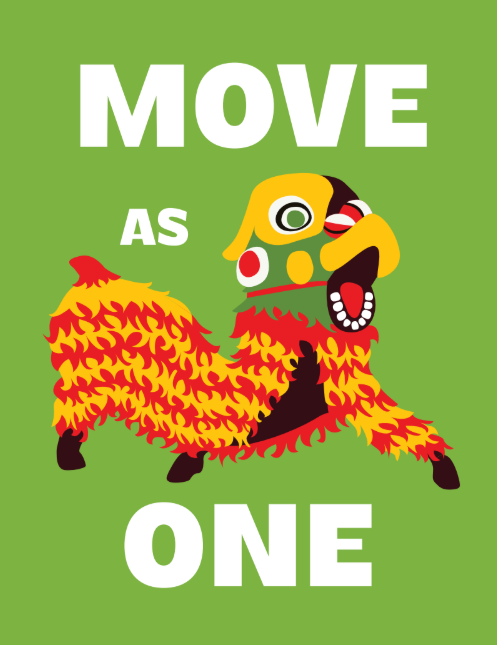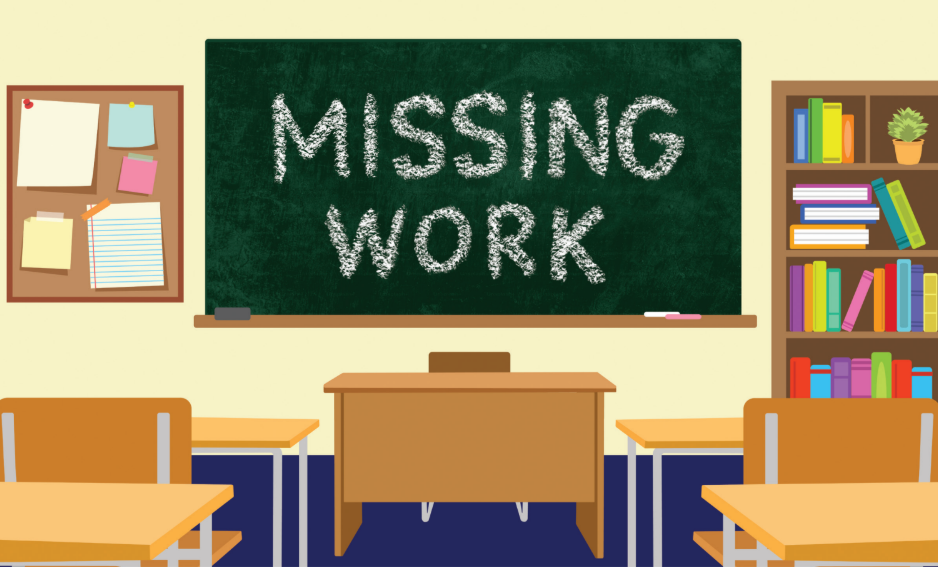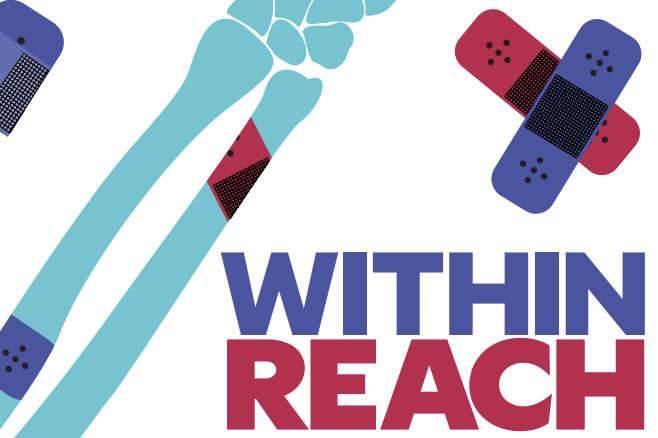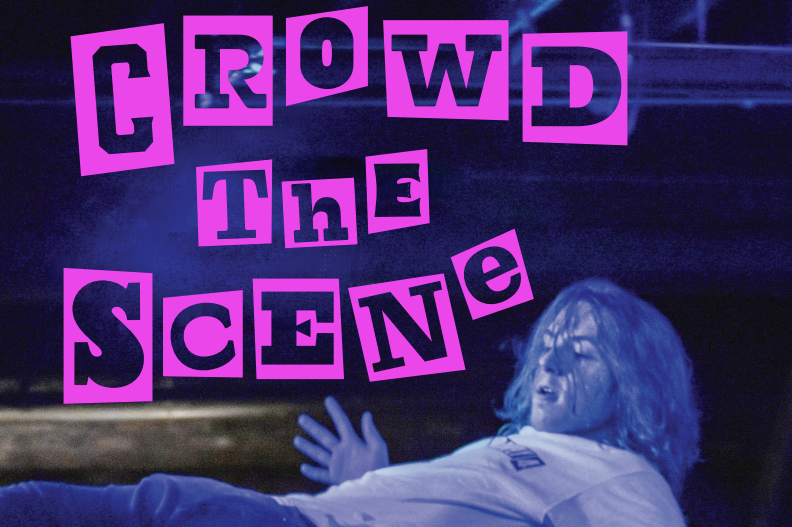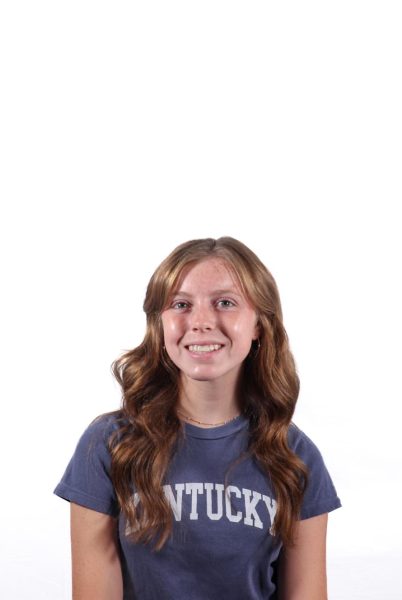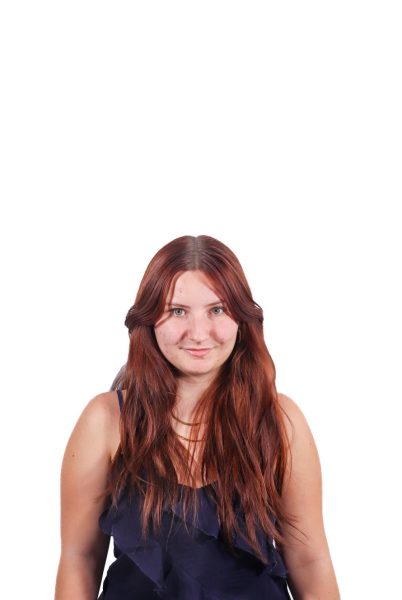Click. Click. Click.
My brother, Chase, fired off the answer quickly and the computer screen lit up with a green check mark. Table after table, graph after graph. Give him some math, and he’s just like any other student.
But when it comes to English, it’s a different story. We’ll read a chapter of his assigned book together and then move on to the comprehension and recall questions that follow. Even though he just read the answer in the book moments ago, he struggles to recall the content.
Silence.
My 14-year-old autistic brother is silly, sweet, and can tell you any car’s make, model, and top speed from just a quick glance — an attribute that has rubbed off on my entire family. But he struggles with simple daily tasks, from tying his shoes to washing his hair.
Which makes my parents and me wonder: what will his adulthood be like?
Will he date someone or hang out with his friends? Will he find meaningful work and be able to support himself? Will he live on his own?
Right now, he’s only in the eighth grade and we’re optimistic. His current school, the Phoenix School of Discovery, teaches social skills and has a curriculum specifically designed for students with cognitive and learning disabilities. But what about when he graduates high school?
Chase is just one in a rising number of youth with developmental and cognitive disabilities in recent years. According to the Center for Disease Control, between 2009 and 2017, diagnoses rose for developmental disabilities across the board, but particularly for autism and other intellectual disabilities.
It makes me wonder whether or not our society is prepared to help those with intellectual disabilities live their lives to the fullest.
Now Hiring
JCPS’s Exceptional Child Education (ECE) department offers a variety of assistance for students with cognitive disabilities about to graduate high school.
“We support them in knowing how and supporting their families for that shift,” said Stefanie Lynch, the supervisor of transition for ECE.
Partnerships with various local colleges give ECE students accessible options for core content classes and electives.
“UofL, Bellarmine, and JCTC work with those students on some non-degree seeking avenues so they can take courses based around their interests,” said Stacy Bewley, ECE community relations supervisor.
The sounds of downtown mingled with laughter as a group of young adults made their way to the Omni Hotel. These recent high school graduates from JCPS’ Ahrens Work Transition Program (WTP), an offshoot of ECE, were headed to their part-time work site, where they clean and do laundry. I had the privilege of tagging along with them for a day.
When I ask Chase about his future, he says that he wants to head straight into a job. WTP is an alternative for young adults like Chase who may struggle in a traditional college setting. Instead, they can learn crucial skills that prepare them to join the workforce.
WTP gives high school graduates with intellectual disabilities the opportunity to work at different job sites on weekdays. The program begins by teaching the students how to use the TARC bus system to commute to the J. Graham Brown School. At the Brown School, they meet every morning before splitting into small groups and walking or riding together to different work sites.
Eventually, students move up in the program, becoming seniors by their third year. Seniors like Rebecca Robertson, 20, have their own steady jobs, no longer rotating to different sites. Robertson has worked at Jimmy John’s since January.
I asked Robertson what her favorite part of the job was.
“Making new friends, meeting new staff,” she said.
A new job could one day be in her future, but for now, Robertson is content.
Another WTP senior, Kenton O’Bannon, 20, has secured a part-time position at UPS.
“During high school, I went through a lot of drama situations,” O’Bannon said.
But today, O’Bannon has a job that fits his upbeat personality — sorting and unloading packages.
“I’m very energetic,” O’Bannon said. “The area of unload is a perfect fit for me.”
Previously, O’Bannon worked at Goodwill and the Omni Hotel. In February, he approached his six-month mark at UPS and his coworkers encouraged him to maintain the job. O’Bannon feels ambitious about his next milestones.
“I might live in my own house someday and I might live with a roommate,” he said.
Home Away From Home
Living independently may feel like a challenge for many young adults, but it can be harder for young adults with cognitive or learning disabilities. There could be financial, social, or safety concerns.
That’s where organizations like Day Spring come in.
Day Spring provides residential services and care, including small group homes and staffed residences, to adults with various disabilities. But one building on Day Spring’s campus houses a program different from the rest.
One day after their work, I watched a group gathered around the television watching “Jessie” in the communal living space at the College for Living, a residential program at Day Spring that teaches participants skills of living independently. After a while, a mentor returned with another resident from a shopping errand and gathered the group for some instruction on first aid.
Among the residents was Jacob Cantrell. I asked Cantrell what he liked about the College for Living, and his reply came easily.
“Being able to make my own rules about my apartment, not having to listen to mom 24/7,” Cantrell laughed.
Cantrell eagerly invited my story team and me into his apartment and showed off his “Harry Potter” and “Star Wars” posters with pride. His new poster had just arrived, ready to join the myriad of decorations.
The College for Living provides apartments with a dorm-style communal living space to those with intellectual disabilities and offers daily classes on career and life skills. Participants learn communication skills and home economics — including cooking, laundry, safety, cleaning, and decorating.
“Being at the College for Living has given me all of my independence,” said Daniel Noltemeyer, a member of the program who will become their first graduate in the spring.
The program was launched in 2017 with the goal of setting up young adults to live on their own. Despite setbacks from the pandemic in 2020, Noltemeyer will achieve just that by living in his own apartment.
“We also teach a lot, catering to what the residents and the students need,” said Abra Baker, the marketing and engagement coordinator at Day Spring. “We take weekly outings where we take them out into the community to do a variety of different things.”
Thanks to Day Spring and the College for Living, many parents can rest assured that when their children go out on their own, they will know how to take care of themselves.
Friends for Life
Glancing around through her wire framed glasses, Kristin Stewart, 40, and I stood at a kitchen counter as she reflected back on high school with mixed emotions. She had very supportive teachers and good friends, but she also experienced the typical ups and downs of being a high school student.
“You have awkwardness, embarrassment, those kind of things from high school, but the school taught me a lot of stuff,” Stewart said.
She was a teenager with Down syndrome, a genetic condition that affects both brain and body development due to an additional copy of chromosome 21. This made her experience unique from her peers, and at times, more difficult. Things didn’t get easier when Stewart graduated.
“I had jobs that were not comfortable with me,” she remembered.
Fortunately, since she was just a few days old, Stewart has been attending programs at Down Syndrome of Louisville (DSL), an organization she credits for some of her best friends and memories. DSL offers lifelong community and support through classes, social gatherings, and other programs for people with Down syndrome.
DSL has a program similar to Day Spring called the Adult Development Academy, simply referred to as “The Academy.” The idea is to get young adults steady, meaningful employment like the kind Stewart has.
Stewart has translated her passion for gymnastics, once expressed through her cheerleader status, into her job, doing office work at the sports facility All About Kids.
“I am an office manager at Down Syndrome of Louisville,” Stewart said. “My second job is working at All About Kids.”
The Academy also offers job interview skills. One Academy student described his improvement in eye contact and how he found a job he was happy with through DSL’s assistance.
The organization offers weekly activities and events, including a dance program, called the Boogie Down Crew, with weekly dance parties. The room is filled with electric energy every Thursday as over 20 friends gather to dance together.
“I love it here. It’s like a family,” Jill Wright, 23, said.
Wright is a senior at Bellarmine University. She has Down syndrome and has been coming to DSL since she was just 19 days old. She currently assists the principal at Mercy Academy, where she taught theater for a few years. Wright has no shortage of hobbies — whether it’s through dancing, modeling, taking photos, or practicing one of her six sports, she brings positivity and enthusiasm to everything she does. Even while maintaining a job, she’s taken classes in theater, communications, and photography, with her friends at DSL encouraging her along the way.
“They motivate me no matter what,” Wright said. “They’ve always been here for me and now I’m here for them.”
I’m confident in my brother’s abilities and his passions. The assistance from people around him, whether from family, friends, or organizations, will only propel what skills and drive he already has. Hopefully, these can bring him closer to the car dealership job he’s started thinking about and give him the capability to live on his own or however else he desires.
Support for people of all walks of life trying to work toward their first job or first home must continue to expand as our society progresses. Providing opportunities and lessons for growth benefits not just those with intellectual disabilities, but society as a whole. Wright sums it up well.
“Just be yourself,” she said. “Make the world be better.”




